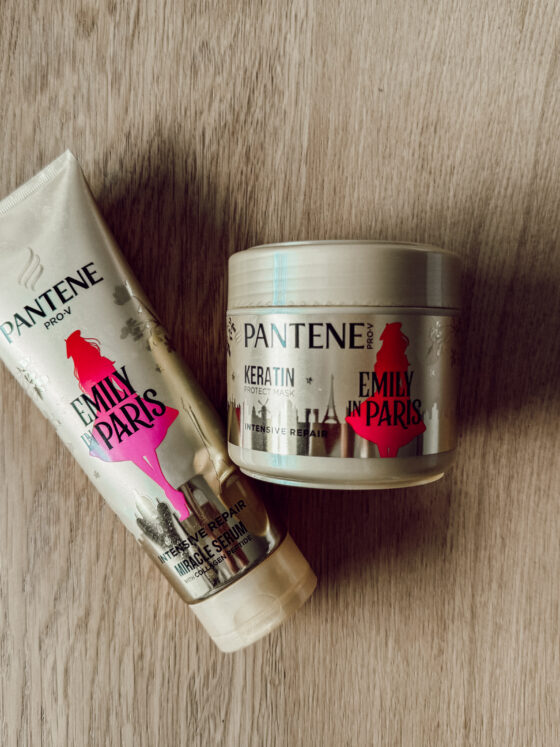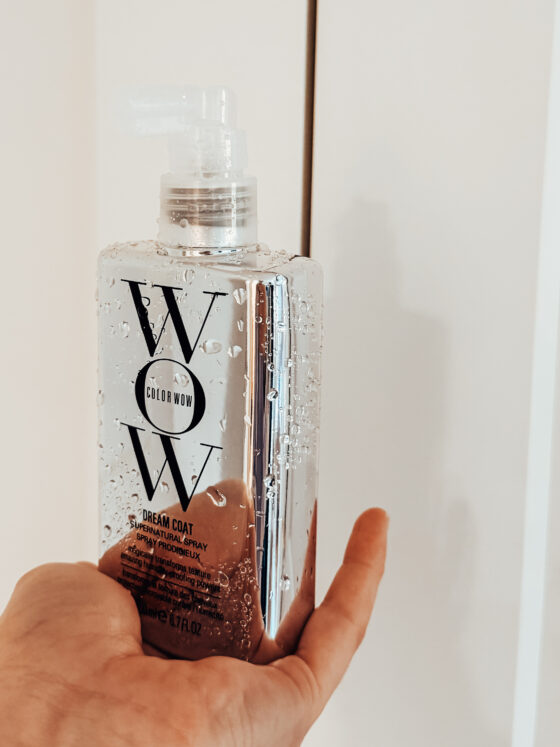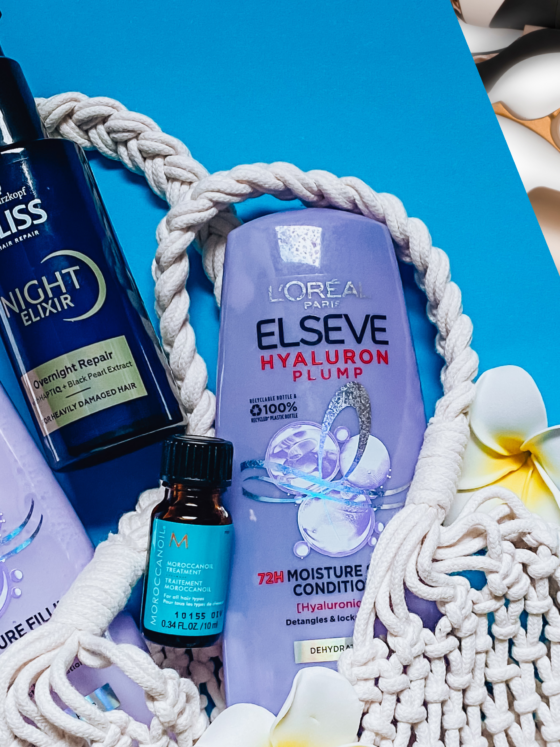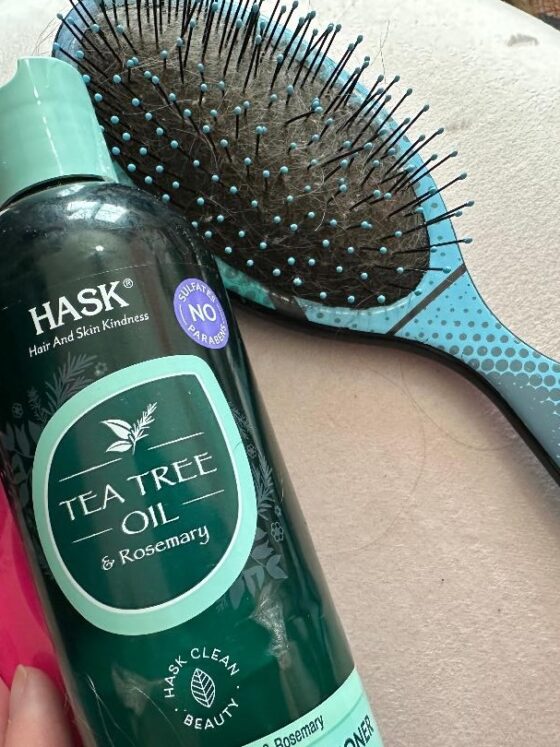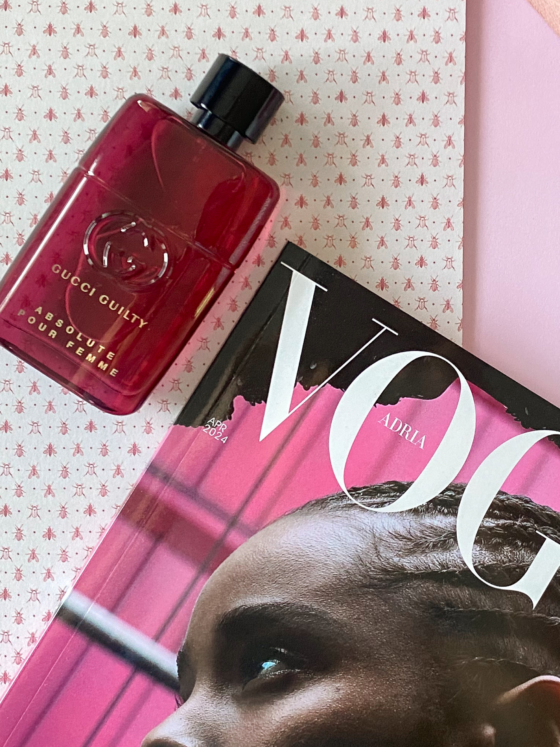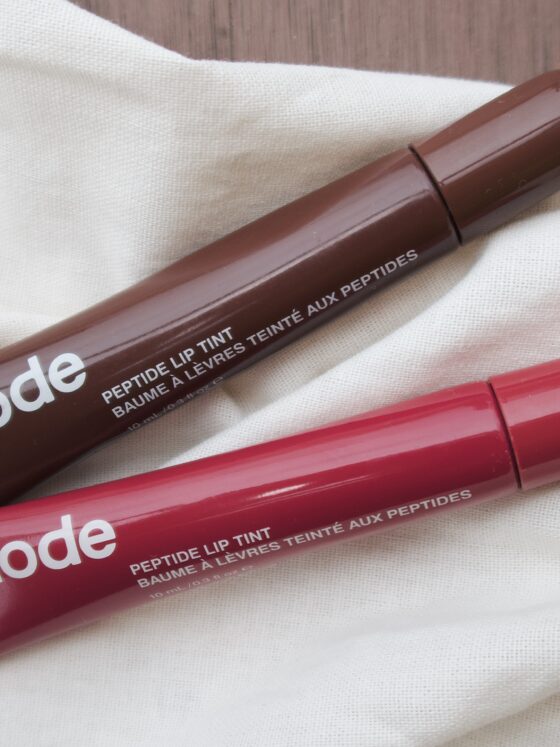Is Your Hair Thinning? You Might Want to Increase Your Daily Folic Acid Intake

My hair has always been pretty thin (thanks, Dad). But it’s gotten a lot thinner the older I get, especially in the back where I catch glimpses of a small bald spot. According to Medline Plus, there’s a reason for this, as hair growth slows down with age. The result is hair looking (and being) less dense.
Medline elaborates, stating that this phenomenon is the result of hair follicles failing to produce new hairs. Though folic acid hasn’t been scientifically confirmed to cure thinning hair (yet), there’s enough research out there to suggest that there’s a link. And, as someone who takes folic acid on the daily, I can see how this could work.
Contents
How Folic Acid Helps Thinning Hair
The link between folic acid and helping thinning hair comes down to what folic acid consists of. Folic acid is a synthetic B9 vitamin designed to mimic the same benefits of natural folate. Folate is naturally found in fruits, dark green and leafy veggies, nuts, and legumes.
Folate plays an essential role in our overall health, too, as it is responsible for cell growth and the development of red blood cells. Red blood cells are a vital part of wellness, as they carry oxygen to every part of our body. This is where the connection between folic acid and how it helps thinning hair comes into play.
These red blood cells carry oxygen to all parts of our body, including hair follicles. On top of this, folate also helps create keratin for your hair, too. Keratin is an important protein when it comes to how your hair is structured.
The less keratin you have, the more your hair is likely to thin out. Producing this important protein makes sure that your hair is as full and as healthy as it should be.
How I Learned That Folic Acid Has Links to Hair Growth and Density
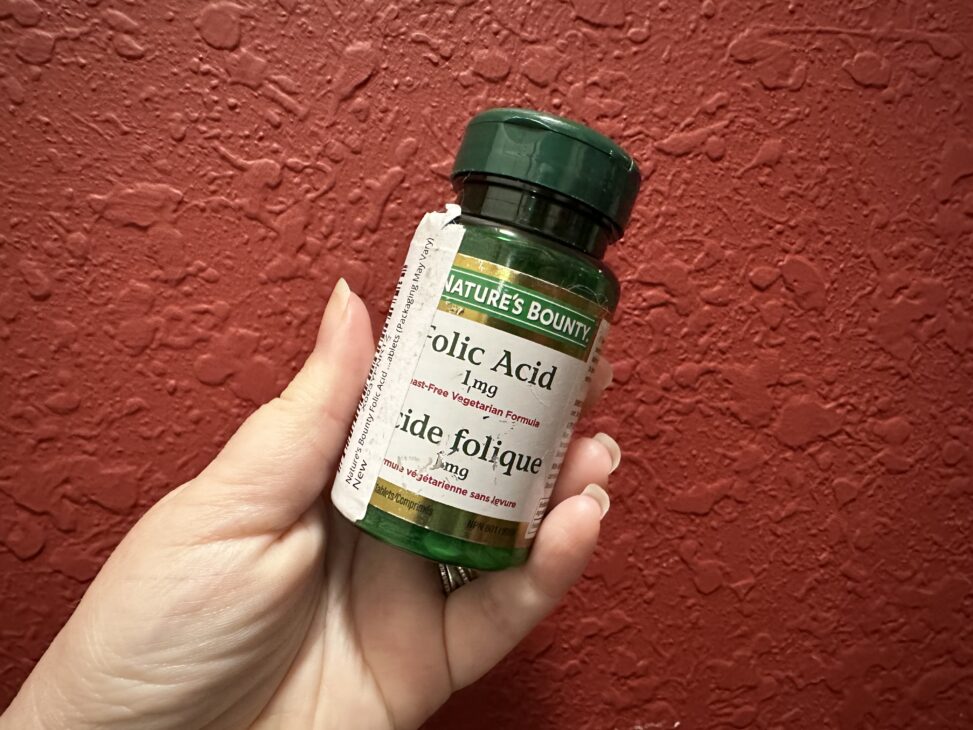
I was born with a neurological condition called a Tethered Spinal Cord. While the name sounds fancy, all it really means is that I had a lot of tissue attached to my spinal cord, which ultimately hindered movement.
Why is this information relevant in an article that talks about hair thinning? Well, it’s partly why I began increasing my daily folic acid intake. A Tethered Spinal Cord is closely related to another neural tube defect called Spina Bifida. This condition causes a wide range of serious side effects, including incontinence, loss of sensation, and paralysis.
Because of my history, my OB/GYN wanted me to take a 5mg folic acid supplement to prevent neural tube defects when I get pregnant. The recommended average intake amount is 400mcg.
Before taking it, I did some research on the health benefits of folic acid, specifically if it was safe to take. This is how I came across these hair benefits, especially as they pertain to thin locks.
Folic Acid Has Many Other Benefits For Your Hair Besides Combating Thinning
Folic acid has many benefits for your hair outside of helping it stay nice and full. Since folic acid is also a synthetic B9 vitamin, it also helps with premature graying. Simply put, the same kind of deficiency that can cause your hair to thin out can also turn it gray.
Not only that, but it also helps with hair growth and increases sheen. This goes back to the previously mentioned keratin and how it provides protein to your hair to help it come in both thicker and fuller.
Folic acid has also been touted to prevent hair loss, as well. When you’re experiencing a folic acid deficiency, your body usually sends whatever folic acid is in your body to your more vital organs to make sure they are getting as much of the right nutrients as possible.
This, unfortunately, means that your hair is left without nutrients and can start falling out. Taking folic acid makes sure that every part of your body, including your hair, is getting what it needs.
Folic Acid for Thicker Hair? Is It Worth It?
Is it worth taking folic acid for the possibility of thicker, stronger, shinier hair? Absolutely. As I briefly mentioned, folic acid is essential to our well-being and without it, you could suffer from Anemia. Take it from me: this comes with its own host of issues, including fatigue, heart palpitations, and shortness of breath. Anemia can also lead to thinning hair and loss.
Just because it hasn’t been scientifically proven to combat thinning hair, there is enough evidence through shared experiences that proves something is there. So if you don’t eat a diet rich in folate, taking a folic acid supplement can give your body and hair the boost it needs.
As for me and my personal experience, I haven’t necessarily noticed any downsides of using folic acid as it relates to my hair. Like I said, my hair has always been thin. In addition to this, I haven’t been the kindest to my hair, either. I’ve bleached it, dyed it, and put extensions in it. Throughout all of those damaging choices, my hair hasn’t fallen out or felt brittle. If anything, it feels strong. Stronger than I would have expected after so many unhealthy hair choices.
Is folic acid directly attributed to that? I don’t know firsthand. But based on this research I did and the fact that my hair is still going strong, despite aging, I think it might. Remember, you’re supposed to get folate/folic acid anyway; if it can lead to thicker hair, why not give it a go? This is one hair hack that I think has the legs to go a long way.



